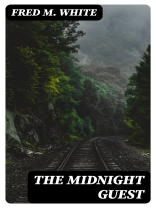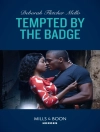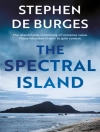Fred M. White’s ‘The Midnight Guest’ weaves a thrilling tapestry of suspense and intrigue, set against the backdrop of early 20th-century England. Characterized by White’s deft narrative style, the novel explores themes of deception, morality, and the fragility of human relationships. The story unfolds through a series of unexpected twists and turns, drawing the reader into the labyrinthine plots and shadowy corners of its characters’ lives, reflecting the literary conventions of the Edwardian mystery genre while paving the way for modern crime fiction. Fred M. White was a prolific English novelist whose extensive body of work includes over a hundred novels specializing in crime and mystery. His background as a journalist and his deep interest in the human psyche influenced his narrative choices, allowing him to craft multifaceted characters that resonate with readers. White’s own experiences navigating the social upheavals of his era inform the moral complexity portrayed in ‘The Midnight Guest, ‘ making it a fascinating study of the intersection between societal norms and individual desires. Readers who revel in atmospheric mysteries and intricate plots will find ‘The Midnight Guest’ a compelling addition to their literary collection. With its richly drawn characters and expertly crafted suspense, the novel invites readers to engage deeply with every revelation, promising a captivating journey that lingers long after the final page.
About the author
Fred M. White (1859–1935), born Frederick Merrick White, was a prolific British author best known for his wide-ranging contributions to the adventure and detective fiction genres. His literary career spanned the late Victorian era through the early 20th century. White’s narratives often intertwined action with mystery, reflecting social concerns of his time period and a fascination with scientific advancements. ‘The Midnight Guest’ is among the myriad of novels he penned, showcasing his signature style of suspense and intrigue. His works frequently appeared in popular periodicals before being published in book form, aligning him with the era’s customs of serialized storytelling. Although not as renowned as some contemporaries, White’s novels have been appreciated for their ability to capture the readers’ imagination and provide insight into the mores and anxieties of the turn-of-the-century Britain.












